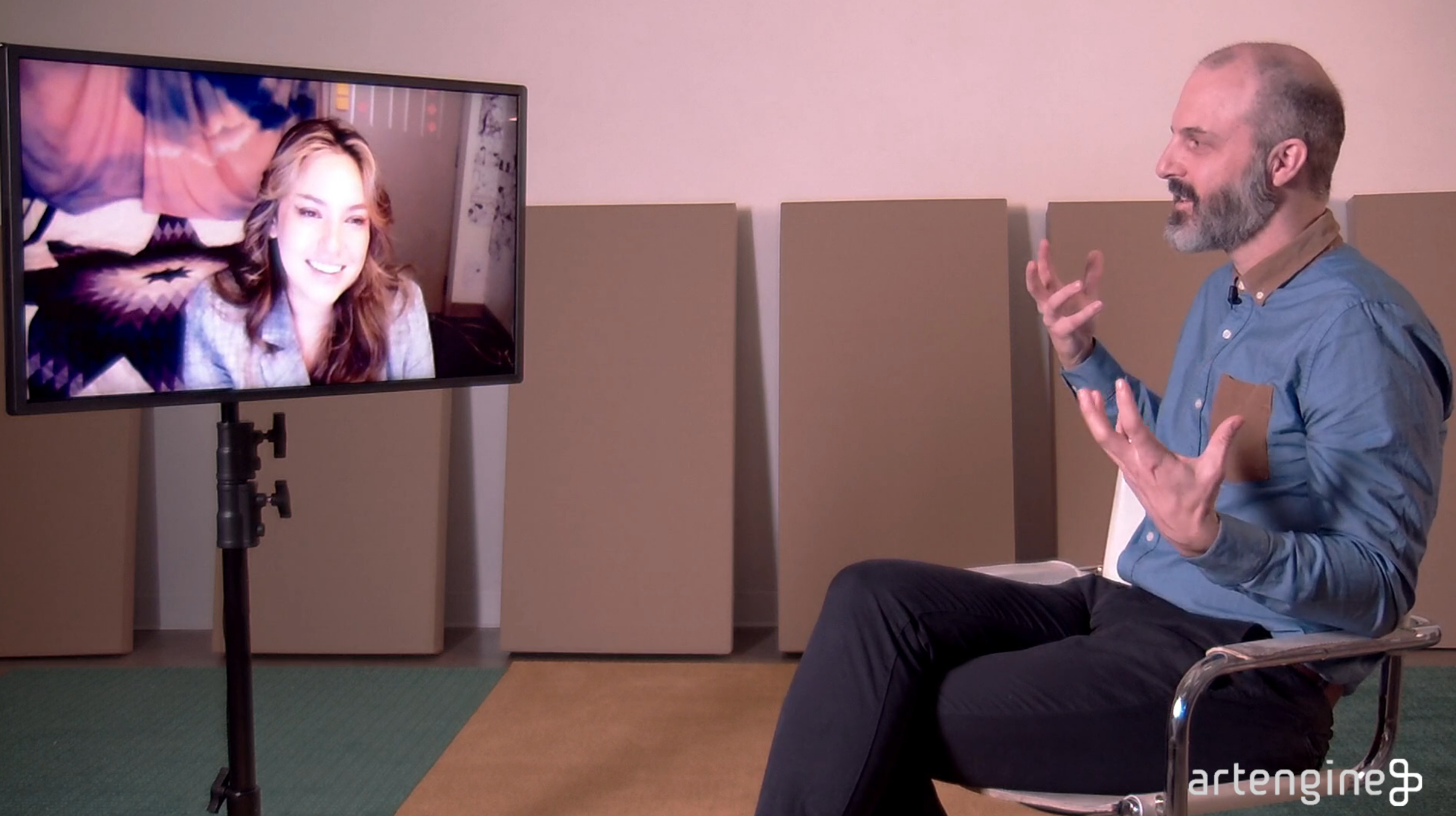This panel addresses notions of the body, sense and consciousness. If our body is essential for our perception of the world, what happens to the perception of an intelligent thing without a body or at least a distributed body? What does creative movement and expression look like when it is authored by an intelligent machine? Whether as a thing separate from us or as something we wear or even something inside us, can and/or how we co-create with an intelligent machine?
This panel was presented as part of
Artificial Imagination: art making in the age of the algorithm
February 2018
This symposium brought together a group of cutting edge artists working with new technologies to discuss and share their experiences, their practices and their perspectives on algorithms, artificial intelligence and machine learning. It was an exchange of ideas among them and with the public, and articulated a unique artistic perspective on the pressing conversations unfolding around our new machine collaborators.
This symposium was funded in part by project funding from the Canada Council for the Arts.

Sound is inherently tied to space, it traverses. Once you start considering the possibility of a spaceless sound, you are delving into a realm of abstraction. Two types of re-encodings of sound that might be considered aspatial are the conversion of “vibrations moving through the air” to a digital signal and our memory of sonic events.

Developed in our Digital Economies Lab, An Artist’s Almanac is Suzanne Kite’s dive into artist solidarity through exchange and sharing. Kite discussed how she began from the DEL’s central focus on fostering artistic prosperity, and expanded toward questions about whether existing resources are going where they are needed most. Through her work on the project she builds a network of collaborators and fosters dreaming and imagining workshops as a path toward a better future.